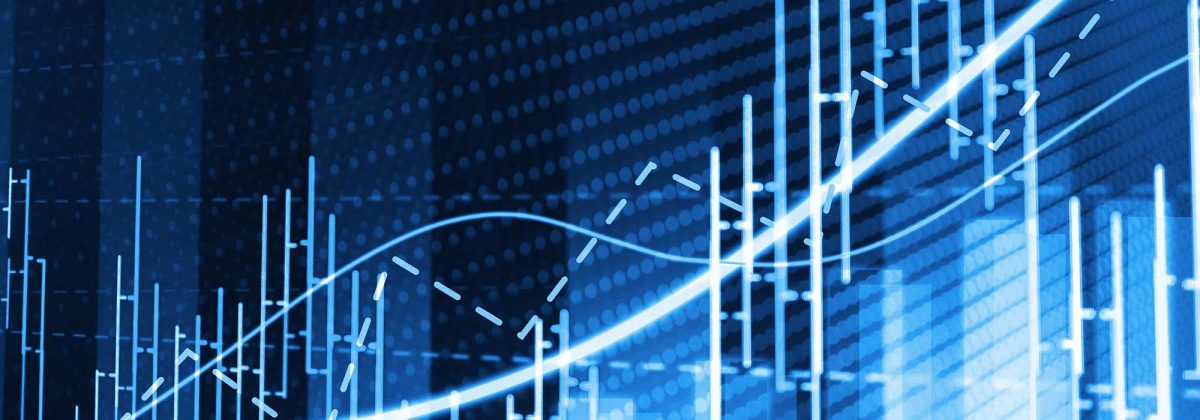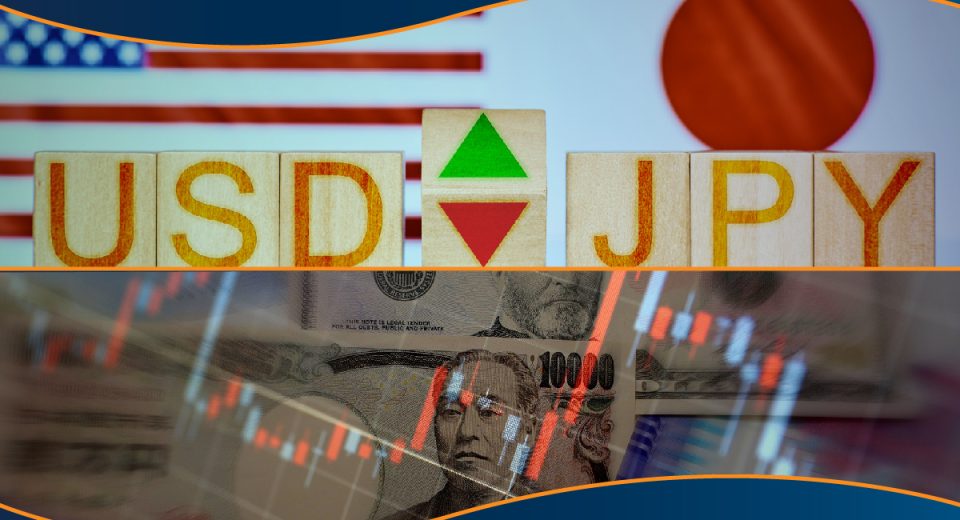What is the Role of Volume in Forex Trading?

In trading the financial markets, volume represents how much of a financial asset has exchanged hands over a particular time period. By correlating volume levels with price data, traders can evaluate the overall market sentiment. This volume data could add a useful edge to their trading strategies.
However, forex trading occurs in a decentralised market. In the absence of a primary exchange through which all transactions are conducted, there is no way to determine the exact amount of currency being traded at any point of time. So, volume data can vary across different broker platforms. This is why traders often overlook this data in the FX market. But, with the right tools at your disposal, it is possible to make use of volume data to fine tune trading strategies.
Understanding the Tick Volume
A tick represents a single change in the currency price quote, up or down. One tick is one trade, which means that a significant spike in the tick volume indicates that numerous traders have opened or closed their trades during a particular period of time.
When trading volume is higher, it could be easier to buy and sell currency pairs at chosen prices, since a large number of traders are present on the opposite side of your trade. This is also known as market liquidity. Increased buying volumes, with a price hike, signals that buyers are in control. Similarly, sellers are in control when prices are declining.
Although there is a difference between tick volumes and actual traded volumes in spot forex, studies have shown the existence of a high positive correlation between the two. Correlations of more than 90% have been found between price updates and real volume. Therefore, it can be concluded that tick volume data is an important piece of information.
Relationship Between Forex Volumes and Institutional Players
Analysis of real-time tick volume activity can provide insights into the presence of big money movements, spurred by institutional players like banks, hedge funds and companies. Knowing when these trades have been placed can help determine future price directions. Institutional trader activities can alter market movements.
Individual tick volume candles can provide plenty of clues to confirm a price trend. These candles need to be formed at the right levels, with enough room to reach the next logical price target. Also, remember the context of reading the market. Volume alone provides little data, unless recent price movements and bar-by-bar analysis of volume is not taken into account.
If the price reaches a key decision level on lower tick volume, there are chances that this level will get rejected. This price acceleration, which is not supported by increasing volume, shows that big traders have decided to stay away from the move. This leads to low market liquidity.
In case of the participation of big players, traders can expect a continuation of directional bias. When the price moves towards key levels, with increasing tick volumes, the developing trend is expected to continue.
Relevance of Volume during News Releases
When important data is released, such as the US Non-Farm Payroll report or monetary policy decisions by central banks, candlesticks might show high volumes of trading activity. This could be strange, since large traders usually refrain from trading before high-impact news releases. The chaotic environment and increased volatility could result in unexpected losses.
So, why do charts show increased volume? There are two sources from which trading volume comes in:
- Contrarian traders who had placed orders in the direction opposite to the market, before the news release.
- Reactive traders, who will place orders 15 minutes after the news release, when the market establishes a direction. They tend to place trades in the direction of the market.
Volume in Technical Analysis
There are several technical indicators for tick volume. “Volume Indicators” on MetaTrader 4 can provide traders insights into whether a price movement is worth taking a look at.
- On Balance Volume (OBV): OBV appears in the form of a line on the charts. If the closing price level of the current candlestick is higher than the one preceding it, the current volume is added to the previous volume and the line ascends. Similarly, when the closing price of the current candlestick is lower than the preceding one, the volume gets subtracted from the previous volume, and the line goes down. This indicator precedes price movements and can, therefore, provide signals to place a trade.
- Accumulation/Distribution: When volumes rise, the associated price changes during that timeframe play a greater role in determining the value of this indicator. This is yet another valuable price-volume indicator.
- Money Flow Index (MFI): The rate at which money flows into a currency pair or withdraws from it can be measured by MFI. Traders often find it similar to the Relative Strength Index (RSI), except that it takes volume into account.
- Volumes: Volume bars are the easiest to interpret and used widely. They show the number of price changes (ticks). Volume bars turn green when they are bigger than the previous one, or else they turn red.
Together with other technical tools, volume indicators can be used for several strategies.
- To spot early price reversals and find new trends quickly.
- To gauge the strength of an on going trend.
- For breakout confirmations, since volumes are low during periods of consolidation.
- To spot strong support and resistance areas.
Volume indicators tell us how active the trading activities are in the current market scenario. This information is not provided by other indicators. As a result, they could be great additions to a trading strategy.
Also, traders can understand who is in control of the market, buyers or sellers. This offers useful signals regarding the direction in which the price is likely to move in the future.
References:
- https://www.forexmentoronline.com/how-you-should-really-use-volume-in-the-forex-market/
- https://www.thebalance.com/day-trading-based-on-buying-volume-and-selling-volume-1031209
- https://www.investopedia.com/articles/technical/02/010702.asp
- https://medium.com/@globalprimeforex/why-is-tick-volume-important-to-monitor-56a936eea70d







